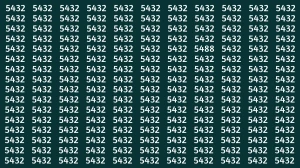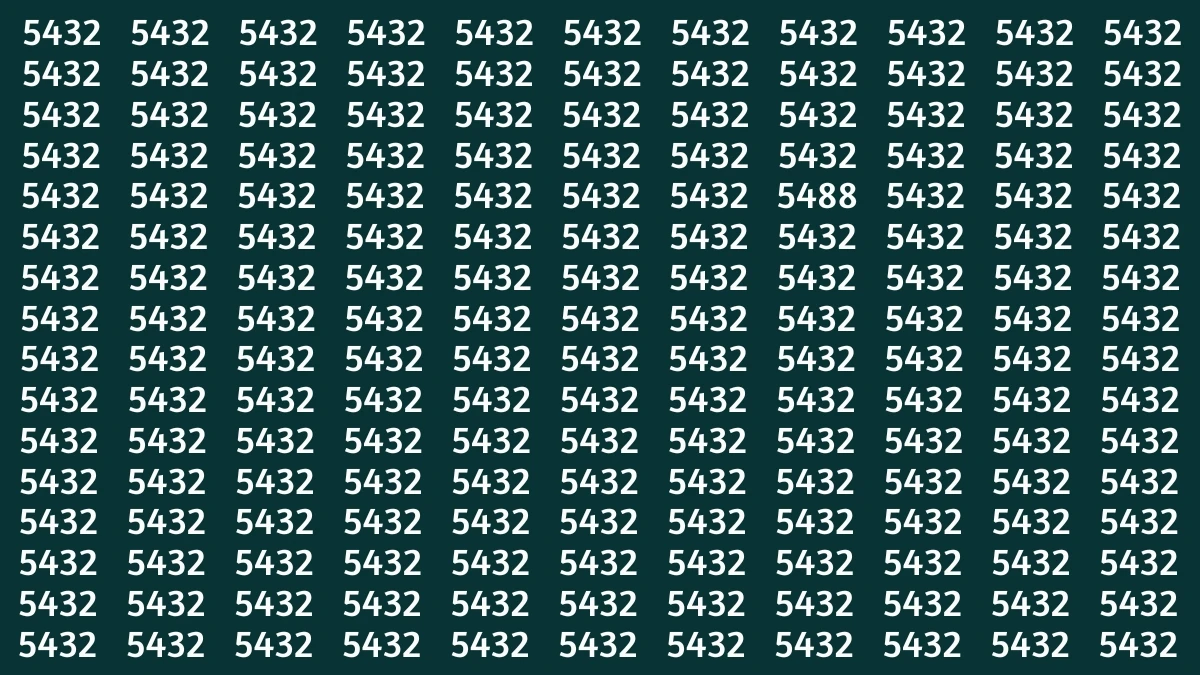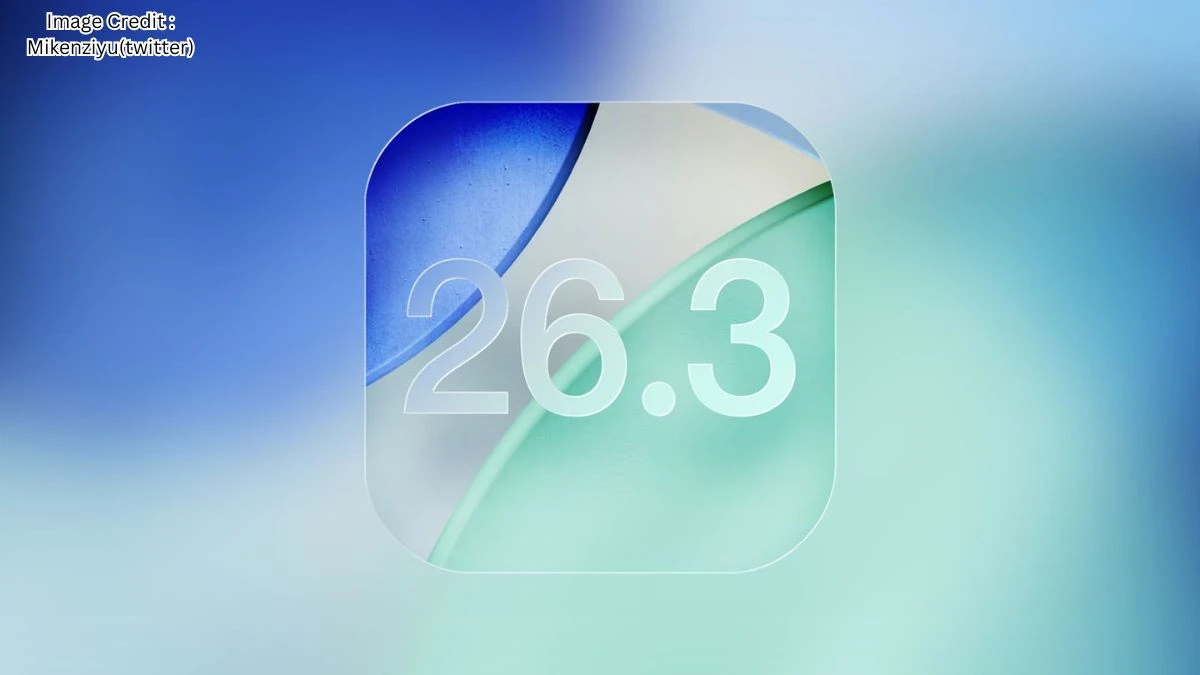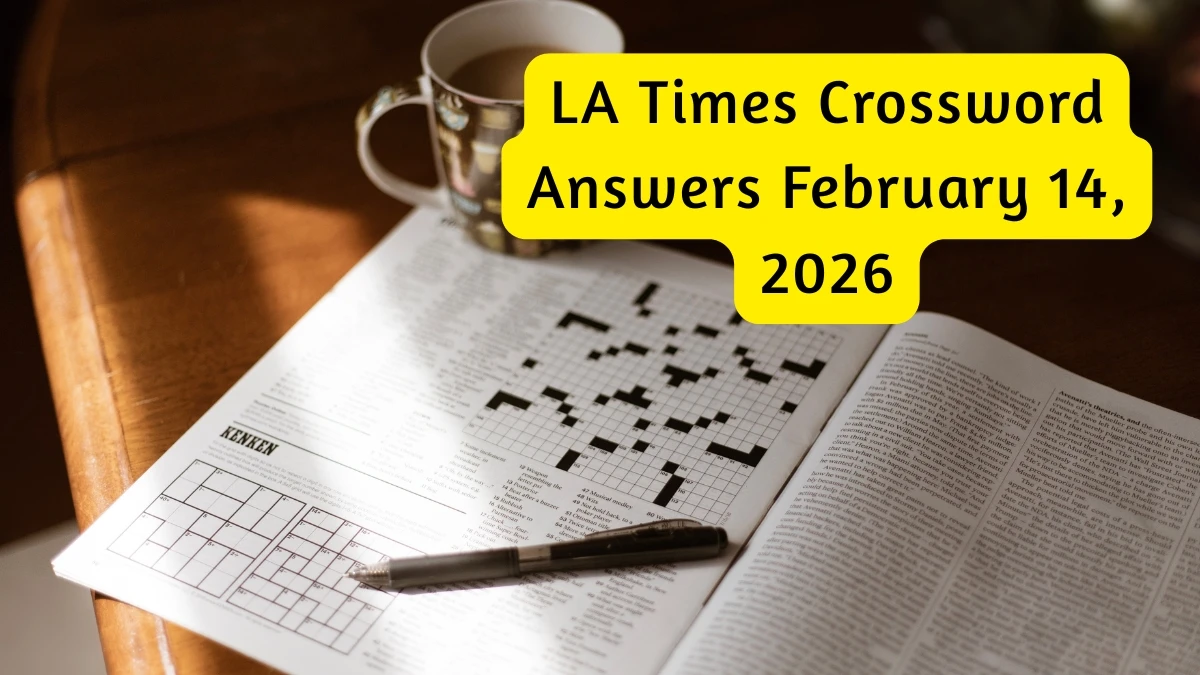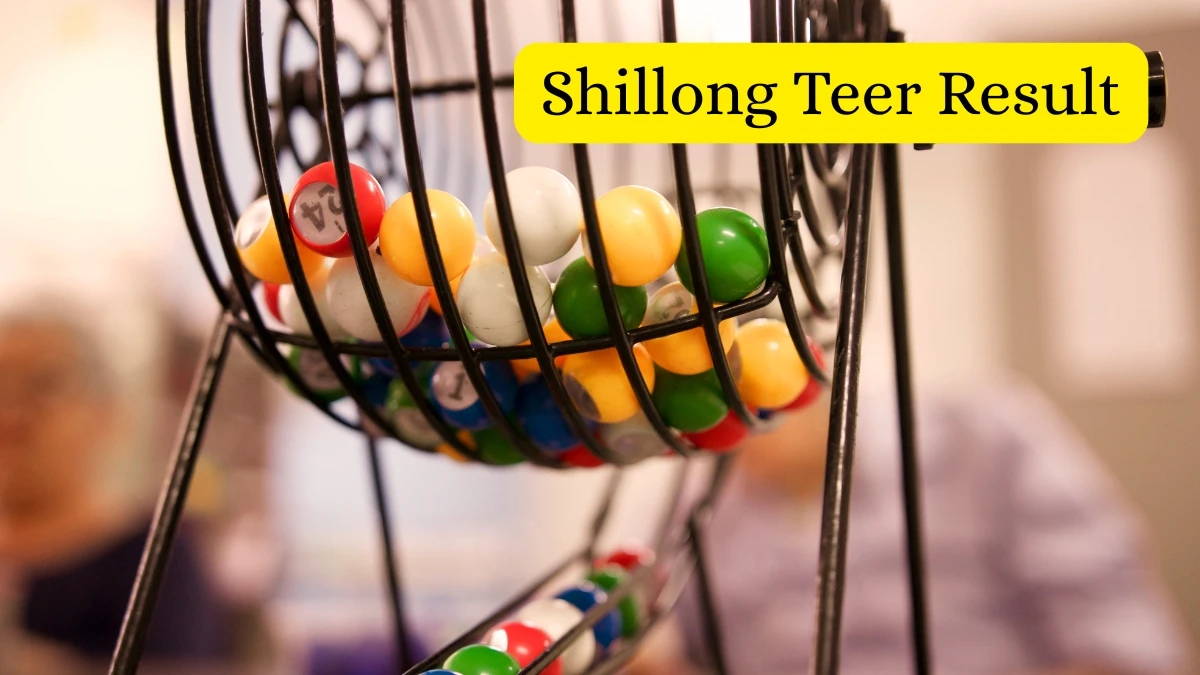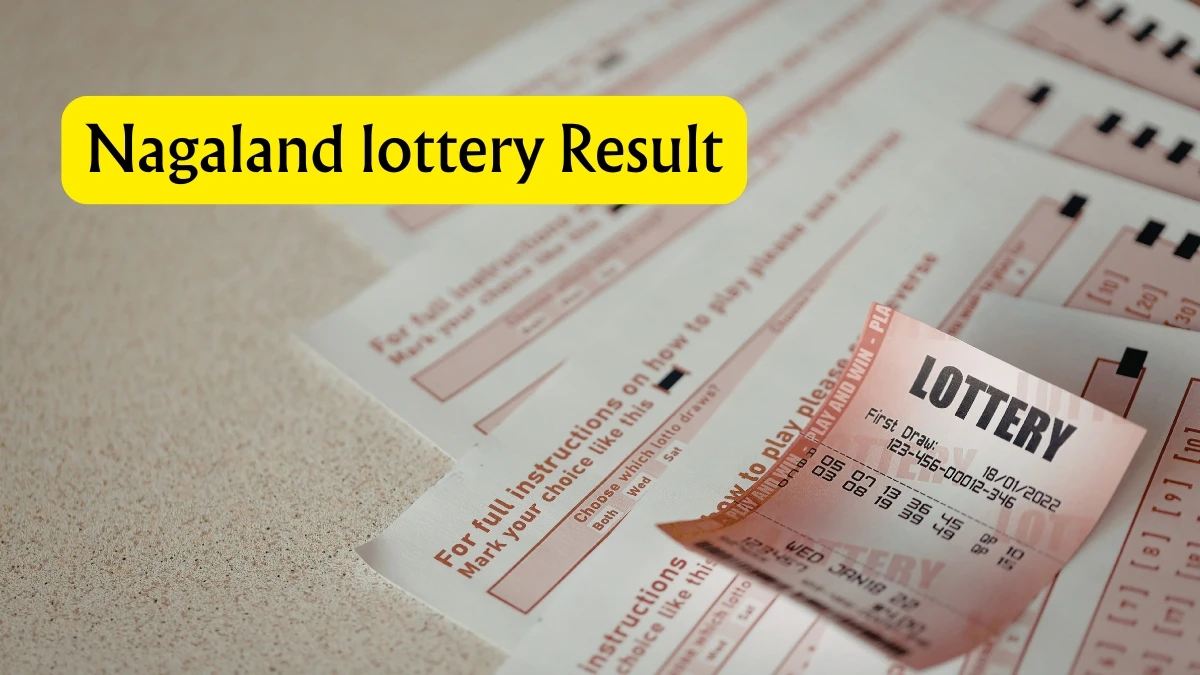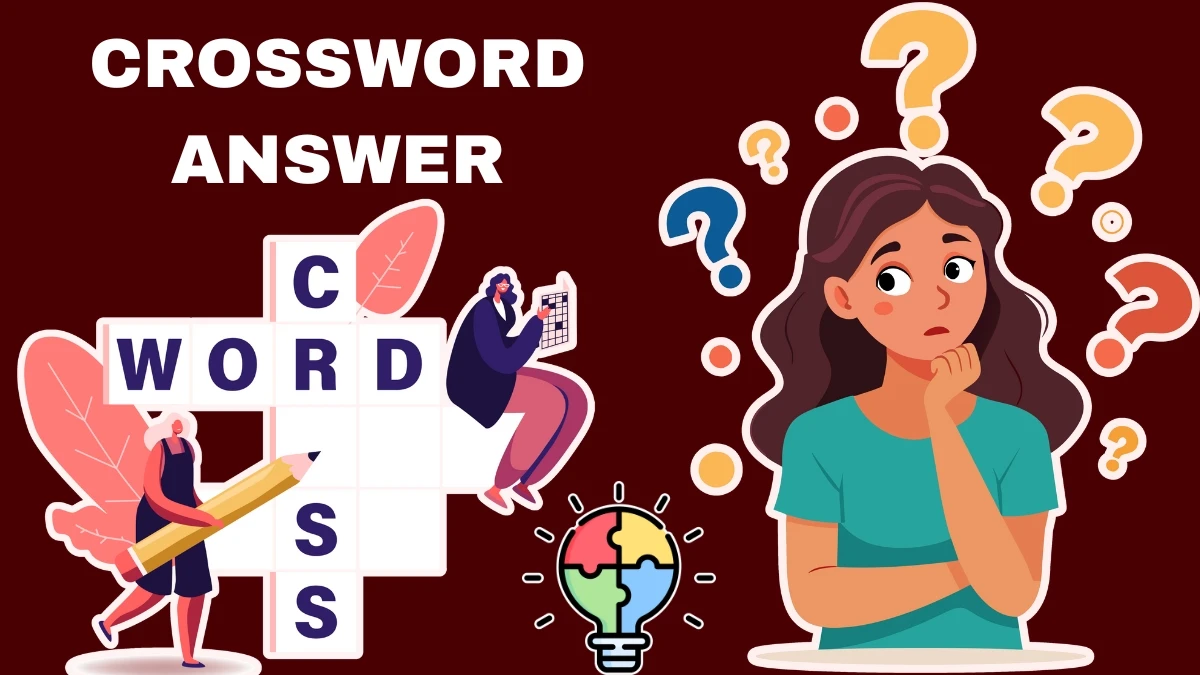This Math Puzzle Has Everyone Confused: Can You Solve It? Only Geniuses Can!
If you love brain teasers and logical challenges, this math puzzle will definitely put your skills to the test. It’s a viral puzzle that’s leaving even the sharpest minds scratching their heads. The image shows a sequence of addition equations, but the answers don’t fit ordinary arithmetic—all leading up to the big question: what is the answer to the last equation?
The Puzzle
The setup is simple:
1 + 4 = 5
2 + 5 = 12
3 + 6 = 21
8 + 11 = ?
You might notice at first glance that the solutions don’t match the usual rules of math. That’s exactly what makes this puzzle so interesting! It challenges you to look for hidden rules and patterns beyond standard addition.
Puzzle IQ Test: Within 7 Seconds Spot The Number 6745 among 6754s
Spotting the Pattern
The real trick in this math puzzle is uncovering the relationship between the numbers. Look closely at each step:
For 1 + 4, you get 5. That fits normal addition.
For 2 + 5, the answer is 12. Double-checking: 2 + 5 is 7, but the puzzle gives 12!
For 3 + 6, the answer given is 21. Again, not standard addition.
This is where logical reasoning comes in. If you track the answers, you’ll see a pattern emerge: each new answer uses the result from the previous line.
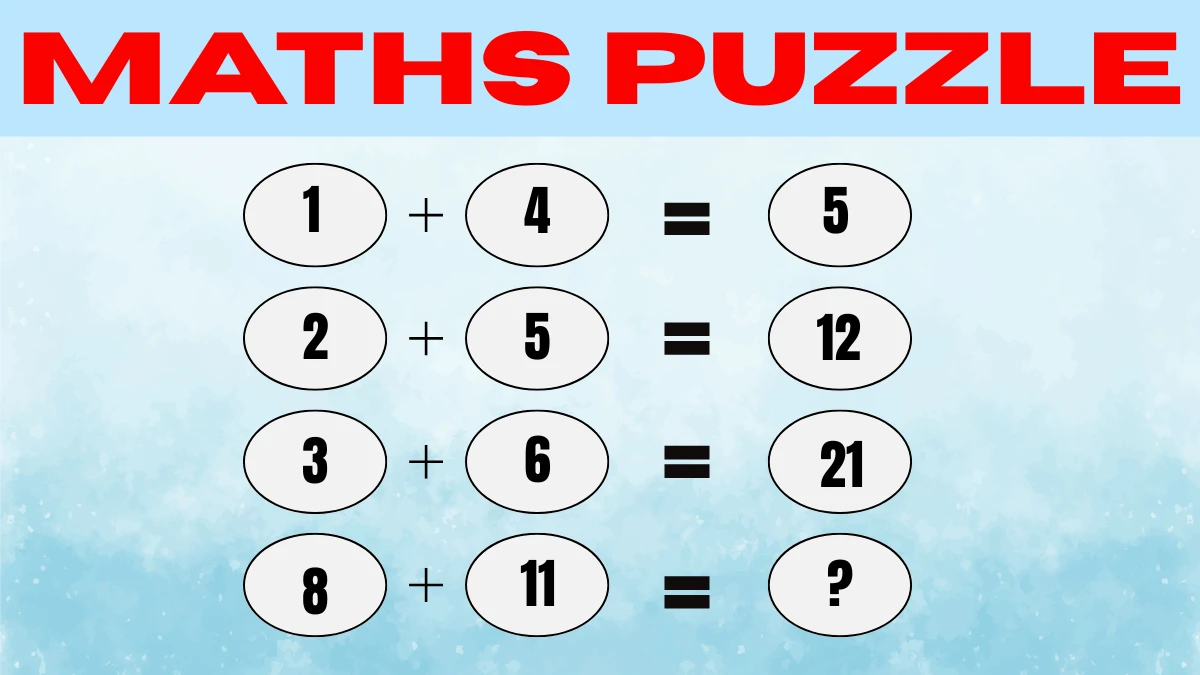
7 Seconds Challenge: Only People with Eagle Eyes Can spot the Number 939
The Genius Solution
Here’s the clever method:
The answer on each line equals: (previous answer) × second number in the line.
Step by step:
First line: 1 + 4 = 5 (Start with 5)
Second line: 5 (previous answer) × 2 + 5 = 5 × 2 + 5 = 10 + 5 = 15 (But the puzzle shows 12, so let’s check another logic.)
Instead, notice the relationship: each answer is obtained by multiplying the two numbers, then adding the first number.
1 × 4 = 4; 4 + 1 = 5
2 × 5 = 10; 10 + 2 = 12
3 × 6 = 18; 18 + 3 = 21
8 × 11 = 88; 88 + 8 = 96
Thus, the final answer is 96.
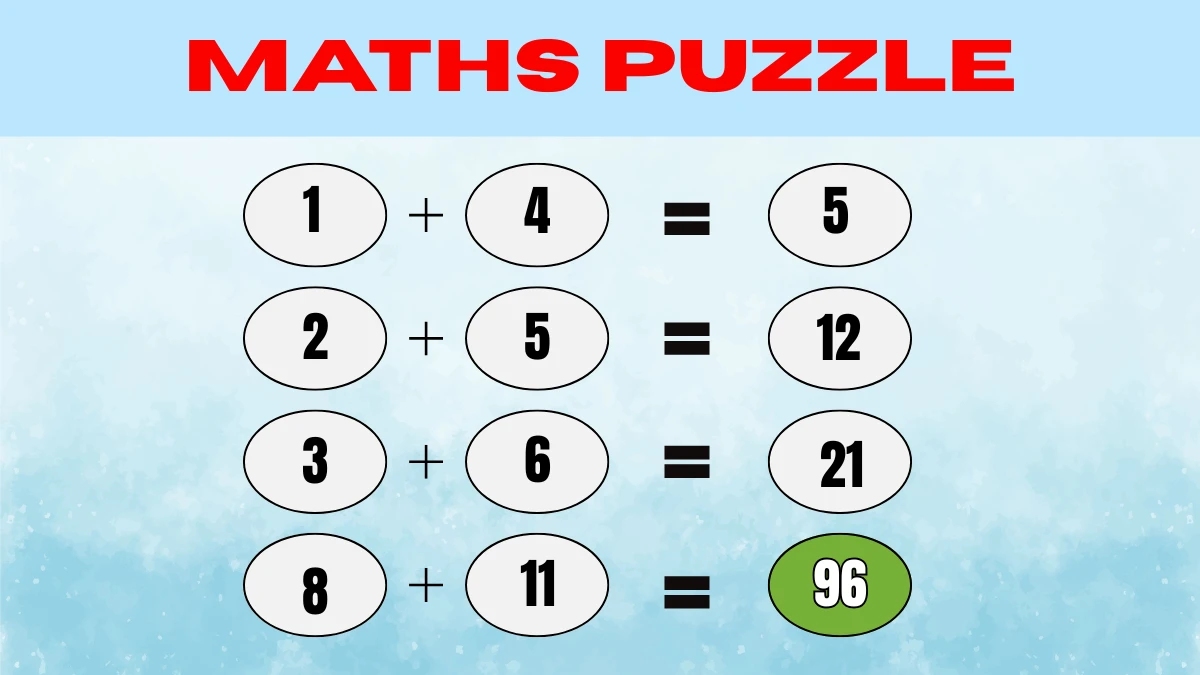
Why Puzzles Like This Matter
Math puzzles sharpen reasoning, boost pattern recognition, and encourage creative problem-solving—not just arithmetic skills. Whether used in classrooms, interviews, or just for fun, puzzles like this keep our brains active and engaged.
Tips for Solving Viral Puzzles
- Look for patterns that aren’t immediately obvious.
- Try using multiplication, subtraction, or sequences instead of just addition.
- Don’t hesitate to re-express or re-arrange the equations.





